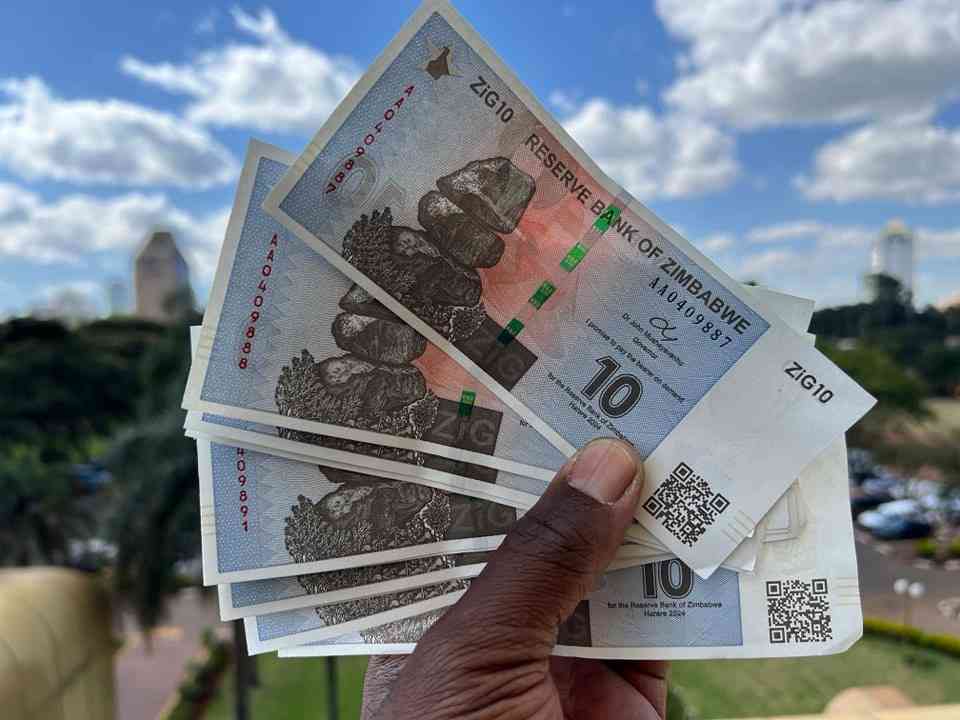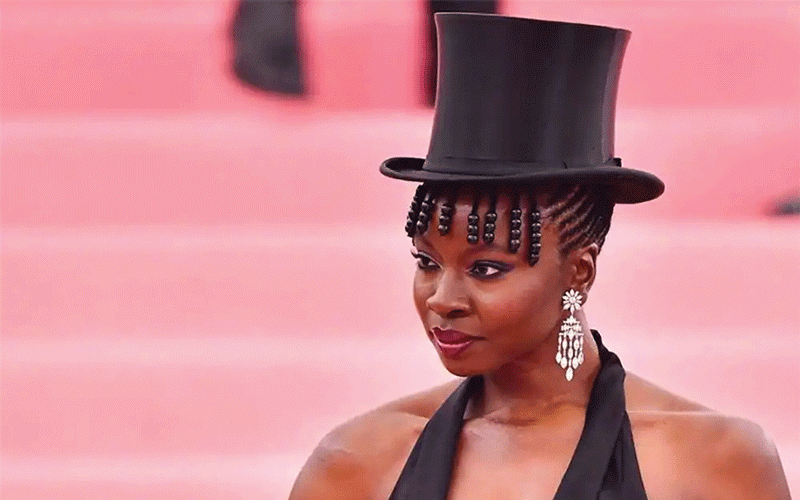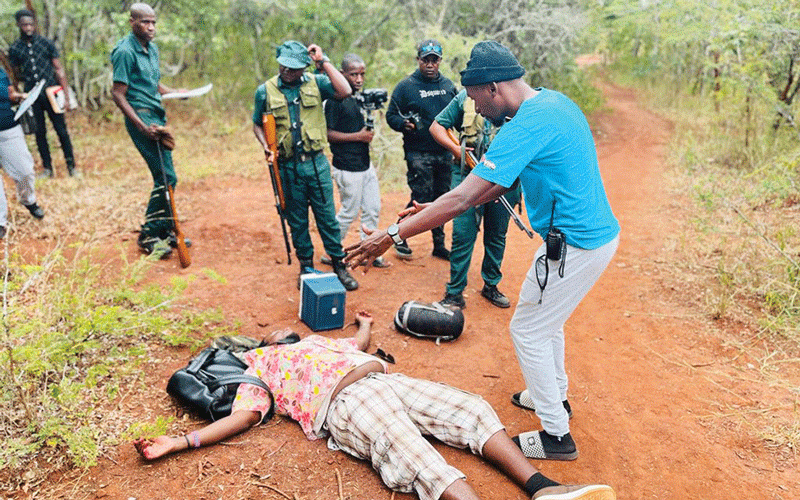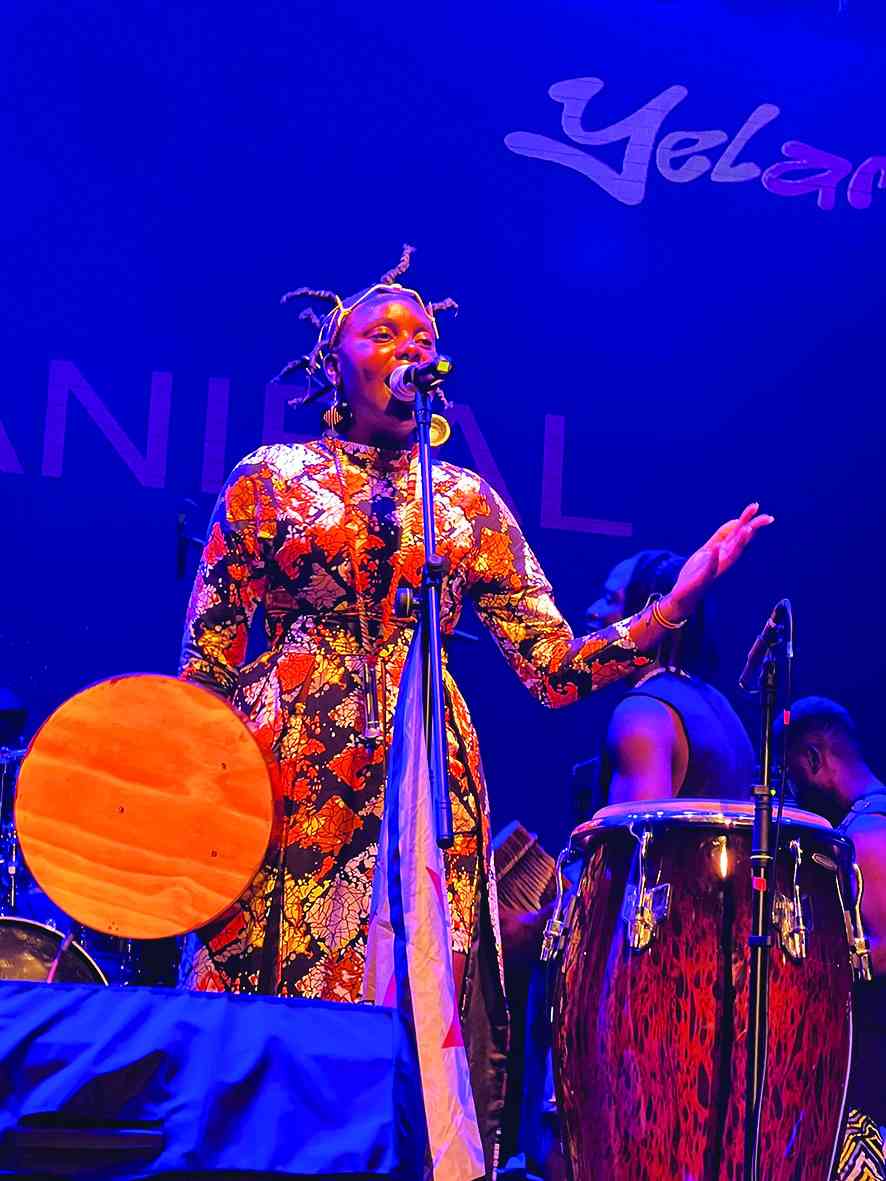
One of Zimbabwe’s leading research scientists and mathematicians, Gibson Mandishona, is also an accomplished musician and arts manager with a glittering track record.
He was a founder director of the Zimbabwe National Arts Council and also a judge for the National Arts and Music Merit Awards.
In the early 80’s, he was a board member of the Zimbabwe College of Music and together with Ben Zulu, they teamed up with Simangaliso Tutani to establish the Ethnomusicology Centre, whose major task was to mould and promote traditional music themes and instrumentation into mainstream Zimbabwean music.
Mandishona is humble and does not seek praise and publicity.
It took NewsDay six months to pin him down for an interview. In this wide-ranging interview with NewsDay’s Munya Simango (ND), Gibson Mandishona (GM)’s musical prowess and his contribution to jazz are revealed.
ND: Dr Mandishona, thank you for taking the time to speak to NewsDay readers. Besides being one of Zimbabwe’s top scientists, you are also an accomplished musician in your own right. Tell us,who is Gibson Mandishona?
GM: I grew up in Mbare and at the age of six, my father, who was a soldier at the time, taught me how to play the Chipendani and Mbira of Nharira, as he hailed from the Nhari clan. This ignited my passion for music. I then joined the Boys’ Club at Mai Musodzi Hall and around that time, I won £5 in a painting competition. With this money, I bought a small plastic four-string guitar. Initially, my parents were complained that I would be a tsotsi, which was associated with guitar- playing at the time. Although my secondary school teachers encouraged me to pursue painting as a hobby, I eventually abandoned it. However, in my seating room there is a full-blown self charcoal painting portrait which I did using photo-realism techniques 30 years ago. My other hobby was Shona poetry. I was the major contributor to the Shona anthology Nhetembo, which was a set book for schools. I also co-edited Samora with Musaemura Zimunya and Chenjerai Hove, which is a collection of poetry by Zimbabweans at the time of the grim passing-on of Samora Machel.
ND: What kind of musical journey have you travelled and how has this journey evolved?
- Chamisa under fire over US$120K donation
- Mavhunga puts DeMbare into Chibuku quarterfinals
- Pension funds bet on Cabora Bassa oilfields
- Councils defy govt fire tender directive
Keep Reading
GM: I taught myself to play the guitar and the piano by exploiting the mathematical relationships of the musical chords and keys on these instruments and translating these onto musical staff notation. Unfortunately being a left-handed person, I had to put extra effort to play instruments made for right-handed individuals. At an early age, I played the guitar with Andrew Chakanyuka for Bill Saidi’s group, The Star Gazers in Mbare. Later, I also played for the Gay Gaeties, a group which my sister, Grace Mandishona, was part of. The group was made up of nurses from Harare Central Hospital who got together to challenge male domination of the music industry at the time. I went to Tegwani and Fletcher high schools where I formed bands that used to entertain other students during functions. At University College (University of Zimbabwe), I formed a jazz singing quartet with friends Daniel Matondo, Solomon Nenguwo and Bekithemba Malumo. We were backed by a white jazz pianist, Jeff Cousins. After my time at university, I wrote a musical play entitled Rujeko. This was the first ever attempt by a black Zimbabwean at musical theatre and the plot centred on traditional values versus modernisation. Later, while in the United Kingdom, I played with various small jazz bands including jam sessions in clubs and pubs with Fred Zindi and Fungai Malianga. When I was working as a United Nations consultant in Ethiopia, I was leader of a 10- piece band made up of officials from different African countries, including Cephas Mangwana (bass) and Herbert Murerwa (drums).
ND: Tell us about some of the notable personalities that you have worked with.
GM: During my time in Ethiopia I worked with Bob Marley to compose the song Zimbabwe. Although I am not a reggae fan, music is music and being knowledgeable on Zimbabwean themes and traditions, I was able to assist Bob Marley on the project.











